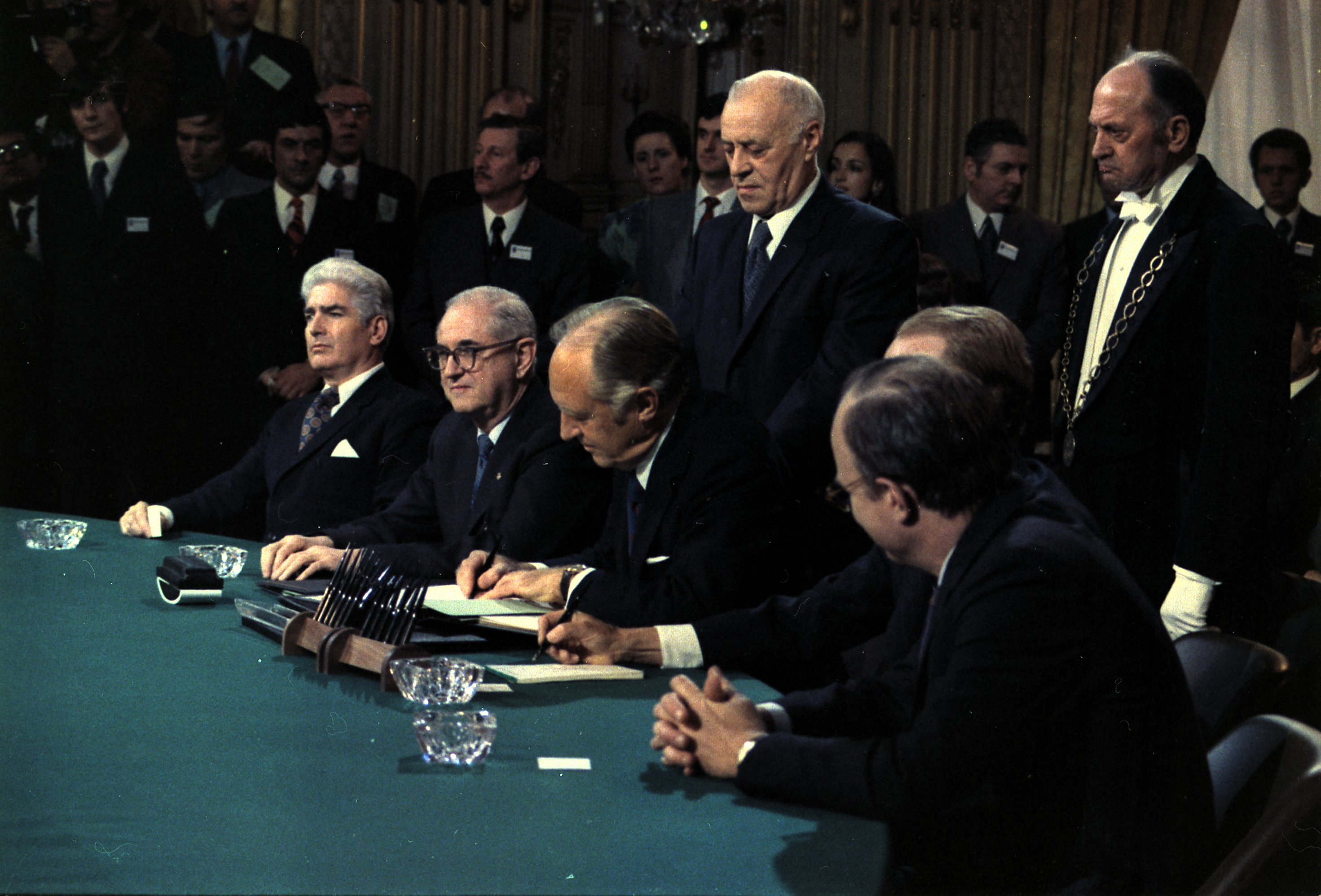 Law and negotiation go hand in hand and understanding the psychology surrounding negotiation is critical to successfully representing clients. I have long been fascinated by the wrangling of the parties over the shape of the table in discussions to negotiate the end of the Viet Nam war. As stated eloquently in Time Magazine:
Law and negotiation go hand in hand and understanding the psychology surrounding negotiation is critical to successfully representing clients. I have long been fascinated by the wrangling of the parties over the shape of the table in discussions to negotiate the end of the Viet Nam war. As stated eloquently in Time Magazine:
For ten weeks of often absurd haggling, the parties in Paris—the U.S., South Viet Nam, North Viet Nam and the National Liberation Front—have argued about whether the table at which to discuss a settlement of the Viet Nam war should be square, oblong, rectangular, oval or any number of imaginative mutations. Last week, after studying nearly two dozen designs, the negotiators at last agreed on the shape of the table: it will be round. A few days later, they sat down as a group for the first time to get on with the deadly serious business of seeking a peace settlement.
Ackerman also looked at the influence of an object’s hardness. He asked 49 volunteers to touch either a hard block of word or a soft blanket, under the pretence of examining objects to be used in a magic act. Afterwards, when they read an interaction between a boss and an employee, those who felt the wood thought the employee was stricter and more rigid than those who touched the blanket (but no less positive). It doesn’t have to be the hands that do the touching either – when he repeated the same task with 86 volunteers who sat in either a hard, wooden chair or a soft, cushioned one, he found the same results. “We primed participants by the seat of their pants,” he writes.
The chair experiment also gave Ackerman the opportunity to test the effect of hardness on decision-making. He asked his recruits to place two offers on a $16,500 car, the second following a straight refusal of the first by the dealer. While the volunteers offered the same average amount at first, those who sat on the softer seats offered far more on their second go than on their first. That’s consistent with the idea that hardness has connotations of rigidity and stability. People who feel hard sensations are less likely to shift in their decisions. Harder chairs made for harder hearts.
The implications of this study are significant (and I am sure my negotiation and mediation friends, such as Victoria Pynchon and Ron White will be very interested in this study as well). Beyond the initial reactions, be very wary when your opponent puts your client and you in the cushy chairs at mediation and insists on sitting on the metal bench seating!
